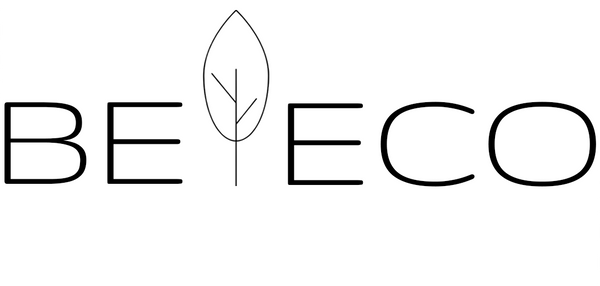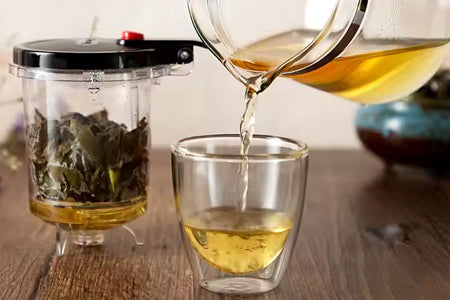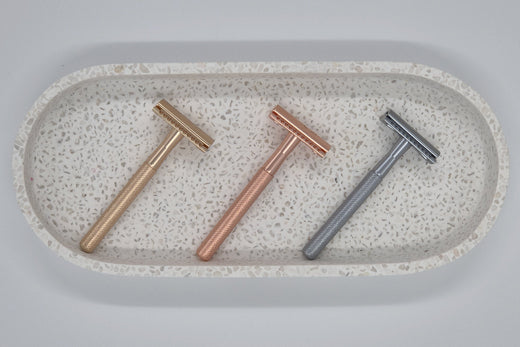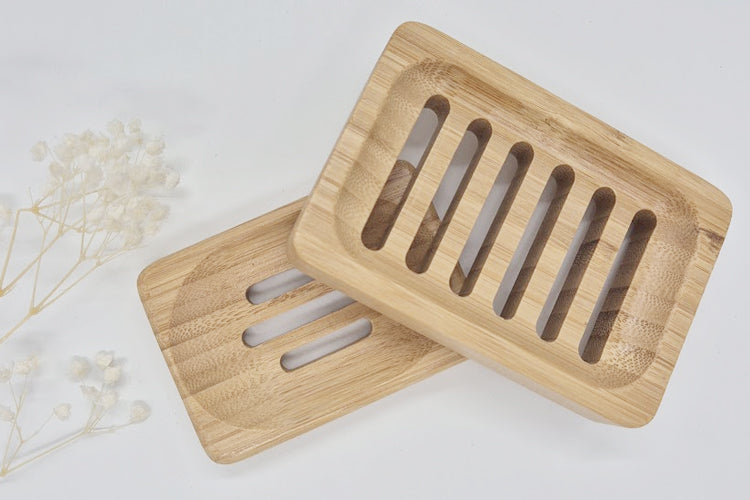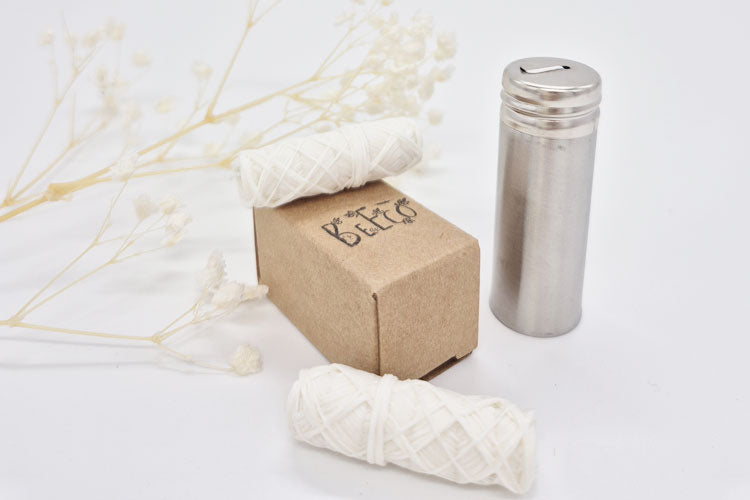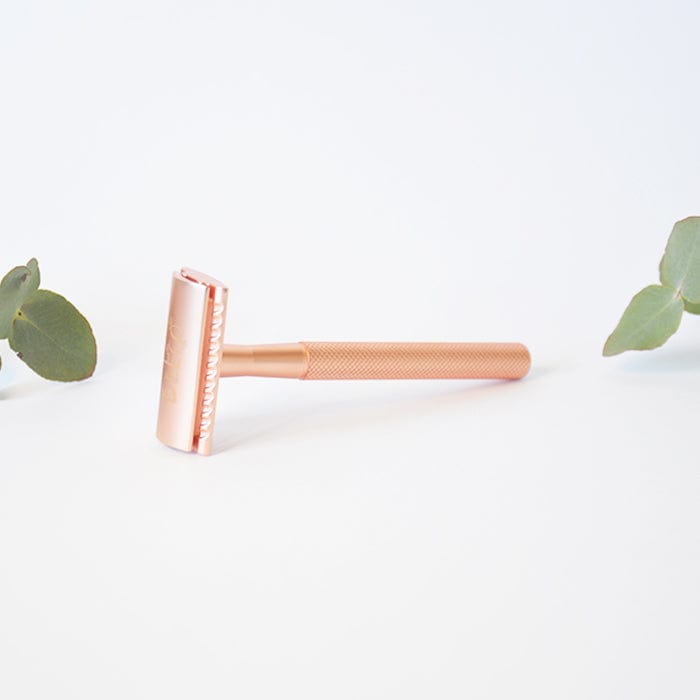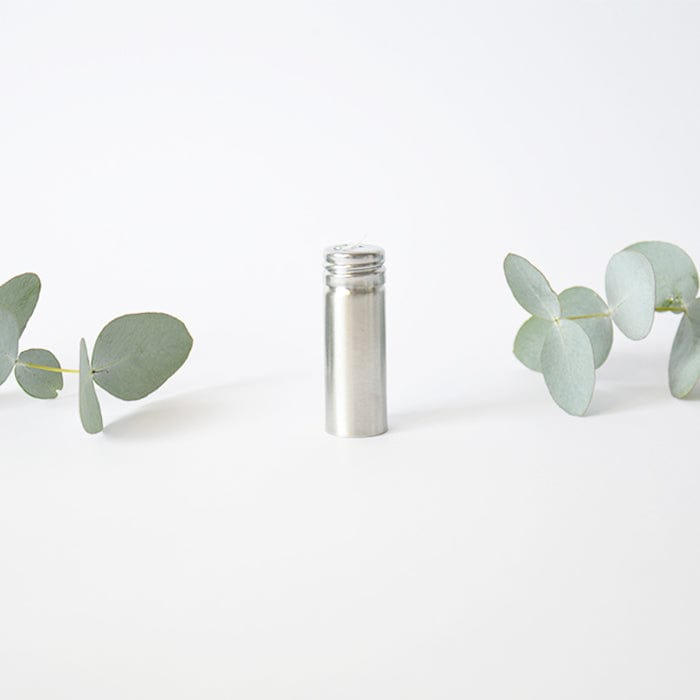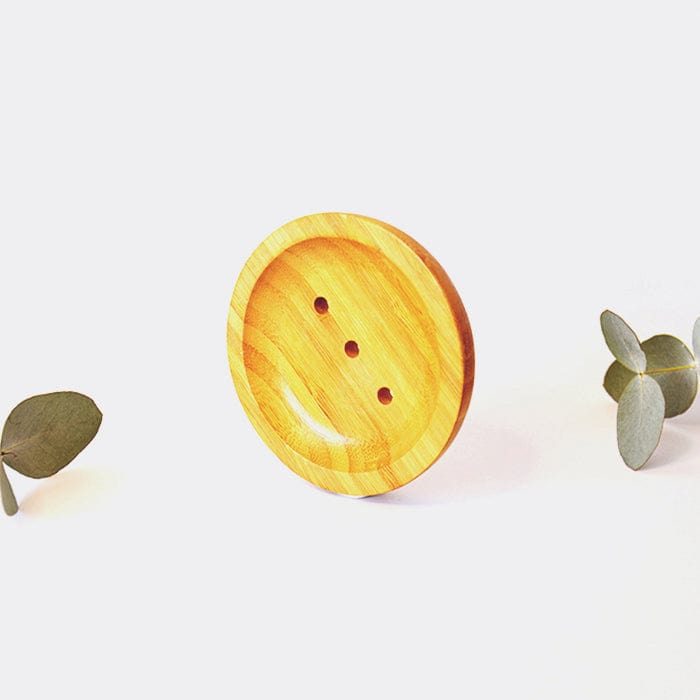Many of us are becoming increasingly aware of our impact on the planet. Reducing our consumption of items such as plastics, single use products and fossil fuels. However, food waste is still a big issue that doesn't often make the headlines.
Did you know according to OZHarvest in Australia:
Did you know according to OZHarvest in Australia:
- The Government estimates food waste costs the economy $20 billion annually
- Over 5 million tonnes of food ends up as landfill annually, enough to fill 9,000 Olympic sized swimming pools
- 35% of the average household bin is food waste
- One in five shopping bags end up in the bin = $3,800 worth of groceries per household each year
- Over 710,000 people rely on food relief each month, one quarter are children
- Shop smart - its better to buy what you need as you go, shop frequently rather than buying in bulk. Sticking to your shopping list can help!
- Store your food correctly - potatoes, tomatoes, garlic, cucumbers and onions should never be refrigerated. These items should be kept at room temperature.
- Learn to preserve - making jams, pickles, fermenting, drying or freezing items you have in excess before they spoil.
- Choose the irregular shaped fruit and vegetables - consumers demanding perfectly shaped produce leads to a huge amount of waste.
- Keep organised - keeping your fridge organized so you can clearly see foods and know when they were purchased.
- Make you own lunch or take your leftovers.
- Keep leftovers - Store them in a clear container or with a silicone stretch lid so you can see what's inside. If you can't see them, you probably won't eat them.
- Eat the whole thing - skin and all. A lot of nutrients are in the skin of fruits and vegetables, and if you buy organic you don't need to worry about pesticides. For example, apple skins contain a large amount of fiber, vitamins, minerals and antioxidants. The outer layers of potatoes, carrots, cucumbers, mangoes, kiwis and eggplants are also edible and nutritious.
- Use the stems and veggie tops in your smoothies - using the tops of berries, vegetables and stems of kale and other greens are full of nutrients.
- Use your coffee grounds as a natural fertiliser for your plants.
- Make your own stock from vegetable offcuts and bones. Onions, carrot and celery make a great stock base you can simmer them together adding in any herbs or leftover bones to add extra flavour.
- Use your freezer to preserve fruit, herbs or vegetables to use later.
- Composting leftover food is a great way to use food scraps, turning food waste into a homemade fertiliser for your plants.
